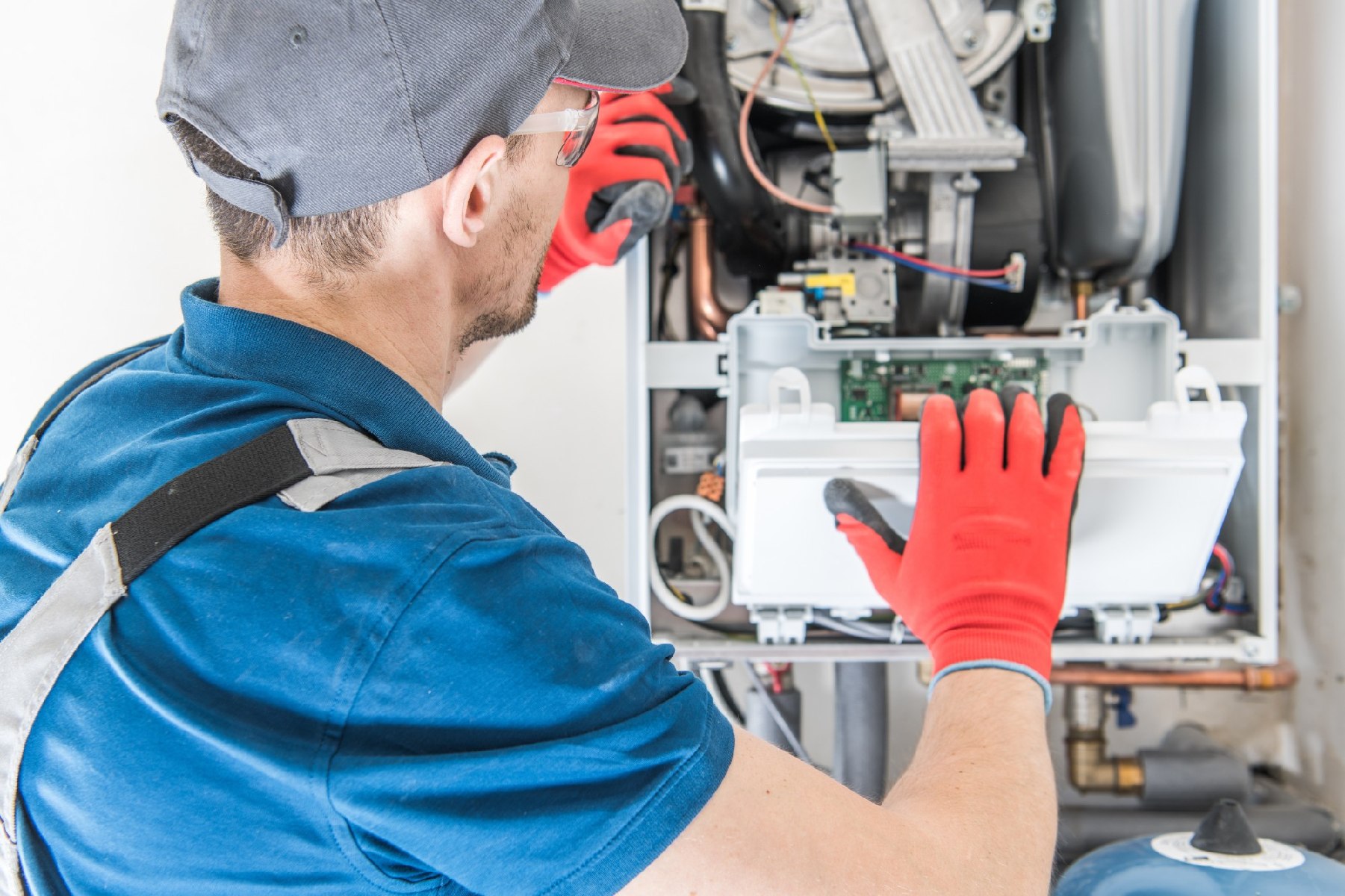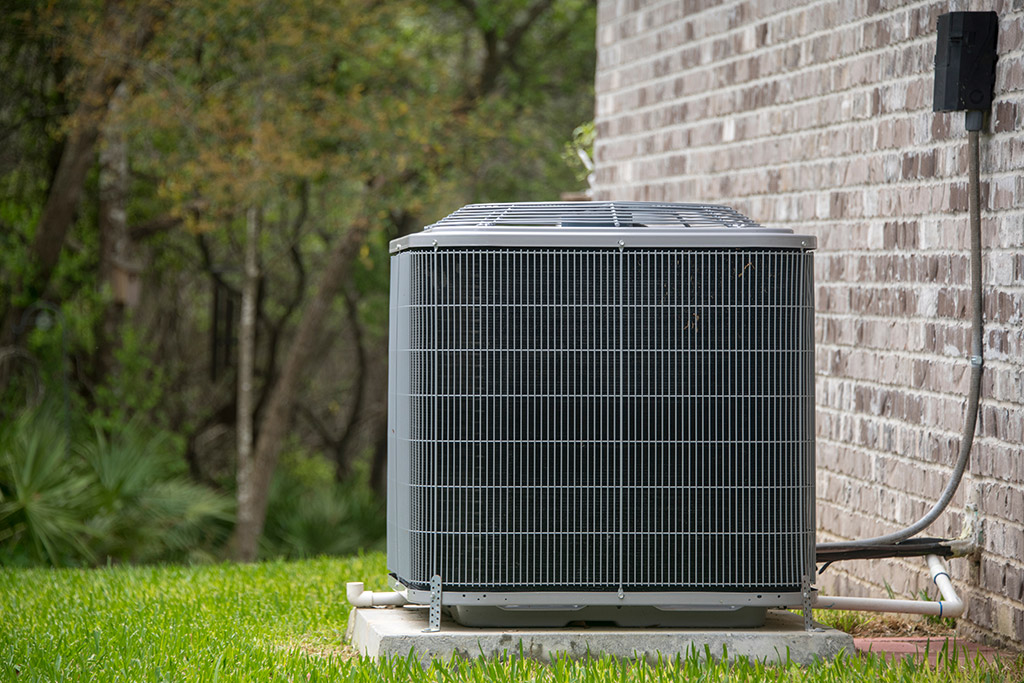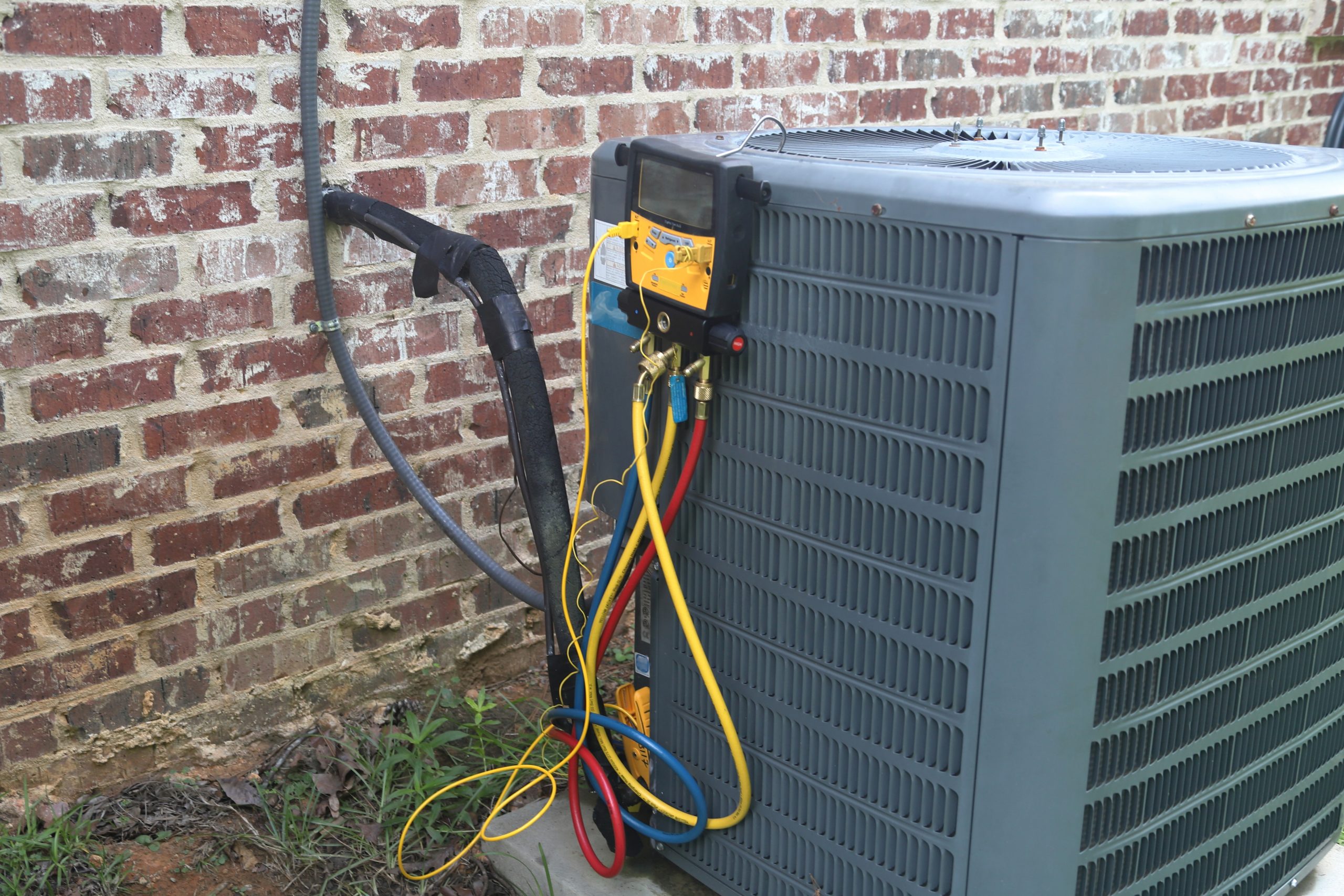When you were in school on test day, you could look around the room and tell which of your classmates had not studied. They usually had an anxious look and knew that they probably wouldn’t do well. Hopefully, you were one of the students who took the time to study and prepare before test day. Preparing early meant that you were ready for the test, and you probably ended up with a good grade. Similarly, your HVAC system is put to the test every winter and has to work hard to maintain comfortable temperatures despite outside conditions. You need to ensure that your system is prepared for the heating season.
The winter could bring sleet, snow, and freezing temperatures, depending on your location. As the conditions get frigid outside, you want to be able to rely on your HVAC system to deliver warm air and cozy conditions inside your home. Regular maintenance each fall will ensure that your system is running at peak performance and can stand up to the tests of winter conditions.
Before the winter turns cold, fall is the best time to have your HVAC system serviced to get ready for the heating season. Throughout normal use, small issues could develop that decrease the efficiency of your system, slow it down, or cause malfunctions. The main benefits of fall HVAC tune-ups include ensuring that your system is running at optimal performance. Let’s take a look at some reasons to schedule your fall HVAC tune-up.
Prevents Costly Repairs

Regular maintenance every fall will allow an HVAC technician to inspect your equipment and identify any issues that could cause problems or malfunctions. As discussed, over a normal service year, your HVAC equipment could experience minor cracks, small leaks, loose belts and connections, and other issues. In general, these issues will not immediately interfere with normal operation, and they may go unnoticed. However, if left unchecked, these minor issues could turn into larger problems. When this happens, you can be in for costly repairs and a miserable experience. Additionally, if your system malfunctions after hours or on the weekend, you could pay significantly more for emergency service. An annual tune-up can help address potential problems and prevent costly repairs and frustrations.
Reduces Energy Usage

As a general rule, your HVAC equipment can account for around half of your household energy use every month. Depending on changing seasons and temperature demands, your usage will fluctuate throughout the year. The winter can cause significant increases in energy usage as temperatures dip below freezing and your thermostat is cranked up. Increased energy usage also means higher energy bills. As a result, you’ll want to ensure that your HVAC equipment runs as efficiently as possible.
If your system has to work harder to overcome dirty components and minor issues, it will significantly impact your utility bills. Annual preventive maintenance will ensure that your system is clean and any inefficiency issues are addressed. A small investment in a regular tune-up could mean that you save as much as 20 percent on your energy bills in the winter.
Increases System Lifespan

The average HVAC system should last around 15 to 20 years. With regular maintenance and proper care, however, you could extend the life of your equipment by 30 percent or more. Problems that go unresolved can turn into much larger issues and decrease the lifespan of your system. Many larger issues can even lead to system failure before your equipment even reaches the 15-year mark. Routine maintenance, however, will address smaller issues and help preserve your equipment’s health and life span.
Fall is the best time for HVAC service. Like preparing for a test, annual maintenance will help prepare your heating system to be ready for the demands of winter. From preventing repairs and prolonging system life to reducing energy bills, homeowners can reap many benefits from regular fall HVAC tune-ups.

